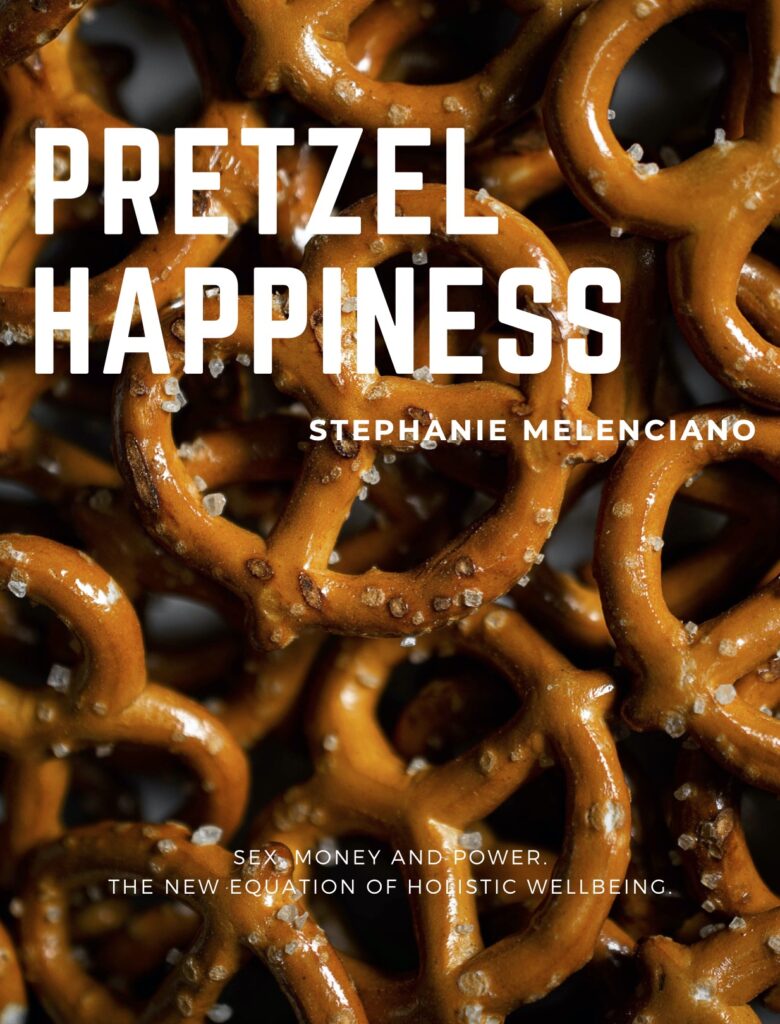In today’s world, achieving a state of holistic well-being is more important than ever. At TLJ Group, we believe that well-being encompasses a balanced approach to life, touching on various aspects of our physical, mental, and emotional health through our service, Pretzel Happiness. But what exactly is holistic well-being, and how can we integrate it into our lives? Let’s explore this concept in depth.
What is Well-Being?
Definition in Psychology
In psychology, well-being is often defined as a state of being comfortable, healthy, and happy. It involves several dimensions, including emotional stability, resilience, and the ability to develop positive relationships and contribute meaningfully to society. Psychological well-being goes beyond just the absence of illness; it encompasses a proactive state of thriving and flourishing in life.
Is it “Well-Being” or “Wellbeing”?
You might wonder whether it’s “well-being” or “wellbeing.” The term “well-being” is the correct usage, typically written with a hyphen to indicate the combined state of being well in various aspects of life.
Well-Being vs. Wellness
While often used interchangeably, there is a subtle difference between well-being and wellness. Wellness generally refers to the physical aspects of health, such as nutrition, exercise, and the absence of illness. Well-being, on the other hand, is a broader concept that includes emotional, mental, social, financial, sexual, and spiritual health in addition to physical wellness. It’s about achieving balance and fulfillment in all areas of life.
Examples of Well-Being
Physical Well-Being
Physical well-being is the foundation of overall health. It involves maintaining a healthy body through regular exercise, balanced nutrition, sufficient sleep, and regular medical check-ups. For example, a person who prioritizes physical well-being might have a consistent workout routine, eat a diet rich in fruits and vegetables, and ensure they get 7-9 hours of sleep each night.
Emotional Well-Being
Emotional well-being involves understanding and managing your emotions effectively. It includes having a positive outlook on life, developing resilience, and coping with stress in healthy ways. Someone with high emotional well-being might practice mindfulness, seek therapy when needed, and maintain strong personal relationships.
Social Well-Being
Social well-being is about having supportive and fulfilling relationships. It involves feeling connected to others, having a sense of belonging, and contributing to the community. An example of social well-being is someone who actively participates in community events, maintains close friendships, and feels a sense of purpose in their interactions with others.
Mental Well-Being
Mental well-being encompasses cognitive health and the ability to think clearly, make decisions, and learn new things. It includes having a positive self-image and feeling capable of achieving your goals. A person with good mental well-being might engage in lifelong learning, practice problem-solving skills, and maintain a growth mindset.
Financial Well-Being
Financial well-being is about feeling secure and in control of your finances. It involves managing your money effectively, having a plan for the future, and not being overwhelmed by financial stress. Someone with strong financial well-being might have a budget, savings plan, and clear financial goals.
Sexual Well-Being
Sexual well-being involves having a healthy and respectful approach to sexuality and sexual relationships. It includes understanding and accepting one’s sexuality, having consensual and fulfilling sexual experiences, and respecting the sexual rights of oneself and others.
Spiritual Well-Being
Spiritual well-being is about finding meaning and purpose in life. It involves feeling connected to something greater than oneself, whether through religion, spirituality, or a personal sense of meaning. A person with high spiritual well-being might practice meditation, engage in religious or spiritual practices, or find purpose through volunteering and helping others.
The Pretzel Happiness Approach to Holistic Well-Being
At TLJ Group, our Pretzel Happiness service embodies a comprehensive approach to holistic well-being, integrating often overlooked elements such as financial liberty, sexuality, and spirituality.
Book: The Path to Pretzel Happiness
Our book, “Pretzel Happiness. Sex, Money, and Power. The New Equation of Holistic Wellbeing,” serves as a comprehensive guide to achieving holistic well-being. It covers all aspects of well-being, providing practical advice and strategies to help you achieve balance and fulfillment in your life.

Advisory Sessions
We offer personalized advisory sessions tailored to your unique needs and goals. Our experts provide guidance on physical health, emotional support, financial planning, sexual health, and spiritual growth to help you achieve a state of holistic well-being.
Ad-Hoc Programs
Our ad-hoc programs are designed based on client demands, ensuring that we address specific needs and preferences. These programs can include workshops, retreats, and tailored wellness plans that cater to your individual or organizational well-being objectives.
Conclusion
Holistic well-being is about creating a balanced and fulfilling life across all dimensions of health. At TLJ Group, through our Pretzel Happiness service, we are dedicated to helping you achieve this balance. By focusing on physical, emotional, social, mental, financial, sexual, and spiritual health, we aim to support you in your journey towards a happier, healthier life.
Visit us at Pretzel Happiness to learn more about our book, advisory sessions, and ad-hoc programs. Start your journey towards holistic well-being today.
